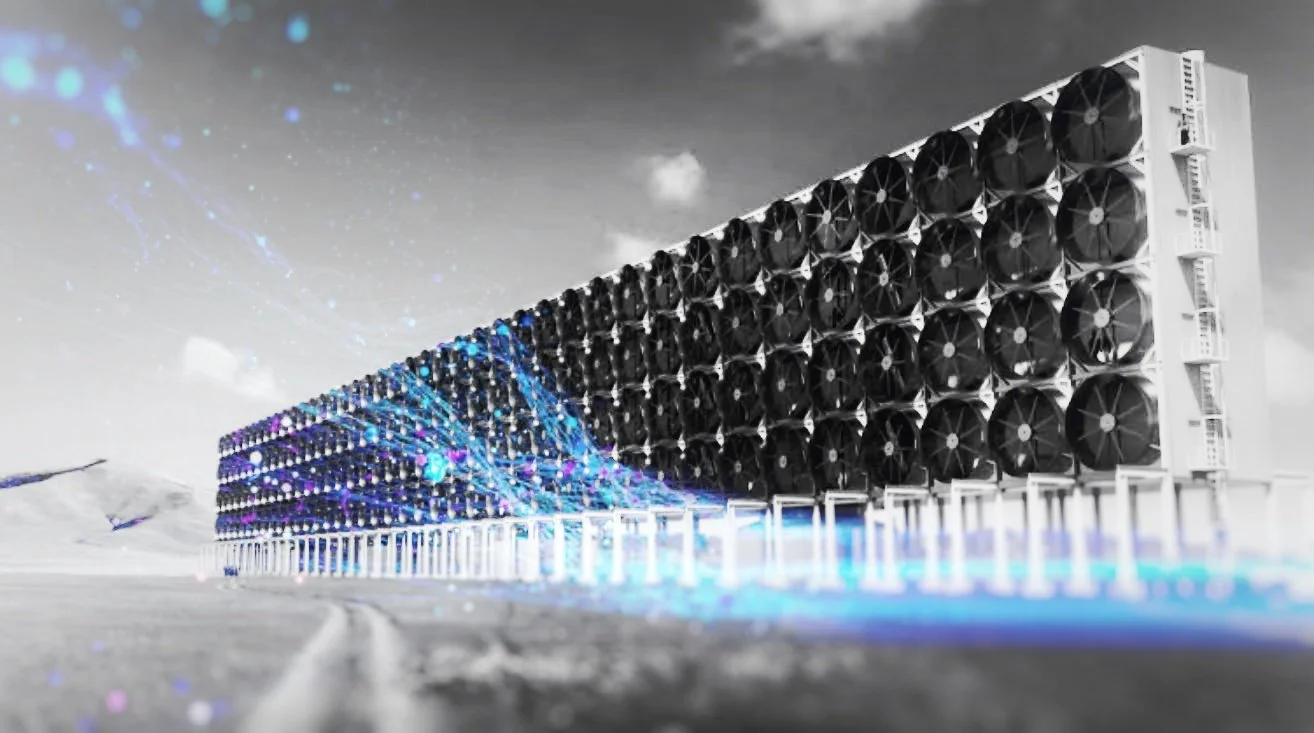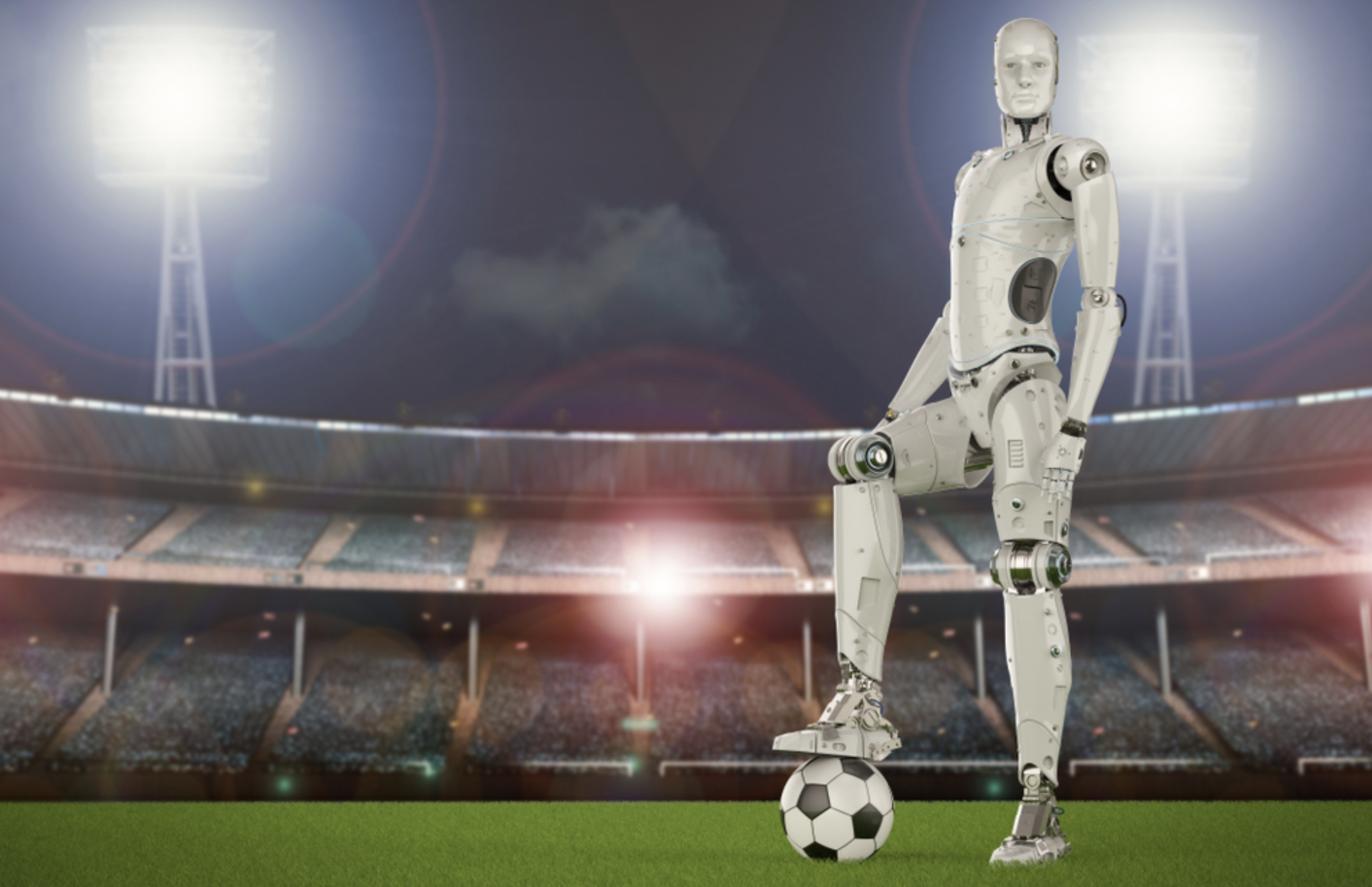In the heart of America's farmlands, a quiet revolution is unfolding. The advent of artificial intelligence (AI) and robotics is transforming agriculture, offering innovative solutions to age-old challenges. Everything from crop breeding to farm-to-table traceability is changing, with agtech and AI promising to enhance sustainability, improve yields, and reduce environmental impact. Traditional farming methods struggle to keep pace with modern demands, and AI is the lifeline the industry needs.
xyonix solutions
Learn more about Xyonix's Custom AI Solutions, the best way to ensure your company isn't falling behind the AI curve.
The Modern Farming Crisis
In 2024, we’re seeing farming face unprecedented challenges. The average age of farmers in the U.S. is now 60, with significantly fewer young people entering the profession compared to previous decades [1]. Coupled with labor shortages and declining crop yields, the viability of traditional farming methods are quickly declining. Climate change exacerbates these issues, with erratic weather patterns making it significantly harder to predict growing conditions and ensure food security. According to the Food and Agriculture Organization, we need to produce 60% more food by 2050 to feed a projected population of 9.3 billion [1]. Traditional farming methods alone simply can’t, and won’t, meet this demand.
Sustainable Agriculture & Environmental Impact
Precision agriculture is quickly becoming a cornerstone of modern farming, powered by AI analytics & robotics. Sensors combined with data analytics enable farmers to apply water, fertilizers, and pesticides with pinpoint accuracy, which minimizes waste as well as environmental harm. Using AI-powered irrigation systems, farmers can reduce water usage by up to 50% while maintaining crop yields [4]. This approach 1) boosts efficiency and 2) fosters sustainable practices that are far too crucial to ignore in the midst of today’s climate crisis.
AI also powers tools that can help farmers adapt to climate change. By predicting weather patterns and optimizing planting schedules, AI can help select the most climate-resilient crops, ensuring food security in an increasingly unpredictable world [1]. With the development of energy-efficient machinery and an increase in carbon sequestration techniques, AI-driven farming methods are rapidly reducing the carbon footprint of farming. These innovations are essential as agriculture accounts for 24% of global greenhouse gas emissions [2].
AI in Crop Breeding and Genetics
The integration of AI into crop breeding programs is accelerating the development of high-yield, disease-resistant varieties of crops. Genetic engineering utilizes AI to quickly and efficiently analyze large quantities of genetic data. AI models then process this data, identifying the most beneficial traits that would take humans much longer to discover. This can accelerate the development of high-yield, disease-resistant crop varieties at a much faster pace than previously accepted methods. Phenotyping, the process of selecting the best traits for breeding, is also being revolutionized by AI and machine learning, enabling more precise and effective selection processes.
AI-powered platforms can analyze thousands of genetic markers in a fraction of the time it would take traditional methods.
This speed and precision shorten the time needed to develop new crop varieties. For example Bayer uses AI to process and analyze vast amounts of data from its breeding programs, resulting in corn varieties that are more resilient to drought and pests [7].

Need help answering the following questions?
Talk it over with our AI bot Xybo.
Farm-to-Table Traceability
Ensuring the traceability of food from farm to table is very important for food safety and food quality. AI can enhance supply chain transparency through the use of blockchain technology, providing secure and transparent record-keeping. This can lead to improved food safety and builds consumer trust [9].
AI's ability to analyze consumer preferences and market trends can also help farmers adjust their production and harvesting schedules to meet the demand, reducing wasted food and maximizing their profitability. When farmers get a better understanding of market dynamics, they can then make more informed decisions that will align with their consumer’s needs. For example, take IBM's Food Trust blockchain, which allows consumers to trace the origin of their food products, ensuring quality and safety [8].
Real-World Success Stories
Around the world, farms and agtech startups are reaping the benefits of AI and AI-powered robotics. In the United States alone, farms have reported significant improvements in yield and efficiency after adopting these technologies. John Deere, a household name and pioneer in agricultural machinery, has developed autonomous tractors and AI-driven combines that optimize planting and harvesting processes. These breaking edge innovations have led to a 20% increase in efficiency for many farmers [6].
The Future of Farming with AI
The integration of AI and agtech in agriculture isn’t just a trend. It’s a transformative movement that’s reshaping the agricultural industry as we know it.
With an emphasis on sustainability, improved crop breeding, and guaranteed traceability, these AI-powered technologies are paving the way for a more resilient agricultural future – one we so direly need.
In the coming years, artificial intelligence and agtech will continue to play a greater and greater role in agriculture, heralding a new era of innovation and sustainability.
According to MarketsandMarkets, the AI in agriculture market is projected to grow from $1.7 billion in 2023 to $4.7 billion by 2028, highlighting the pivotal role of advanced technologies in this sector [3]. With continued investment and innovation, AI has the potential to revolutionize farming, ensuring food security for generations to come.
Why People Won’t Get Started with AI
Despite its proven potential, many farmers are hesitant to embrace AI. The initial costs of AI technology can be prohibitive for those operating on tight budgets. The complexity of AI systems can be intimidating, especially for those unfamiliar with advanced technology. Farmers that are accustomed to long-held traditional methods might be wary of new technologies. Additionally, rural areas often lack the necessary high-speed internet infrastructure to support these complex AI systems.
How Xyonix Can Help
At Xyonix, we harness AI to transform agricultural data into actionable insights. We develop AI that can interpret crop imagery, analyze soil and climate data, and predict harvests, crop health, and prices. Custom-built AI models enhance efficiency and yield through precision crop spraying and AI-driven sowing advisories, among other applications.
Conclusion
There are numerous challenges facing modern agriculture, ones that threaten not only the nation's food security but also the world's. AI and AI-powered robotics offer a glimmer of hope. By leveraging these advanced technologies, farmers can enhance sustainability, improve yields, and ensure the traceability and safety of our food supply. The future of farming isn’t just about survival – it’s about thriving in a new era of technological innovation and a booming global population. As AI continues to advance in these coming years it promises to drastically transform agriculture, making it more efficient, sustainable, and resilient.
The integration of AI in agriculture is more than a technological shift; it's a revolution that could save farming and secure the future of humanity’s food.
Ready to transform your farm or agricultural product with AI? Sign up for a free consultation below!
Want to learn more about how AI can help save the world?
References
BBC. (2024, March 25). Artificial intelligence (AI) & US agriculture: Farming in the future. BBC Worklife. https://www.bbc.com/worklife/article/20240325-artificial-intelligence-ai-us-agriculture-farming
Intellias. (n.d.). Artificial intelligence in agriculture. https://intellias.com/artificial-intelligence-in-agriculture/
Future Farming. (n.d.). AI in agriculture market worth $4.7 billion in 2028. https://www.futurefarming.com/smart-farming/ai-in-agriculture-market-worth-4-7-billion-in-2028/#:~:text=The%20AI%20in%20agriculture%20market,a%20new%20report%20by%20MarketsandMarkets
Kesari, G. (2024, March 31). The future of farming: AI innovations that are transforming agriculture. Forbes. https://www.forbes.com/sites/ganeskesari/2024/03/31/the-future-of-farming-ai-innovations-that-are-transforming-agriculture/
National Institute of Food and Agriculture (NIFA). (n.d.). Artificial intelligence. https://www.nifa.usda.gov/artificial-intelligence
John Deere. (n.d.). Autonomous farming solutions. https://www.deere.com/en/autonomous/
Bayer. (n.d.). Artificial intelligence. https://www.bayer.com/en/pharma/artificial-intelligence
IBM. (n.d.). Food Trust. https://www.ibm.com/products/supply-chain-intelligence-suite/food-trust
Typeset. (n.d.). Blockchain in food supply chain: Benefits, challenges, and future directions. https://typeset.io/papers/blockchain-in-food-supply-chain-benefits-challenges-and-2n6rlgbc










